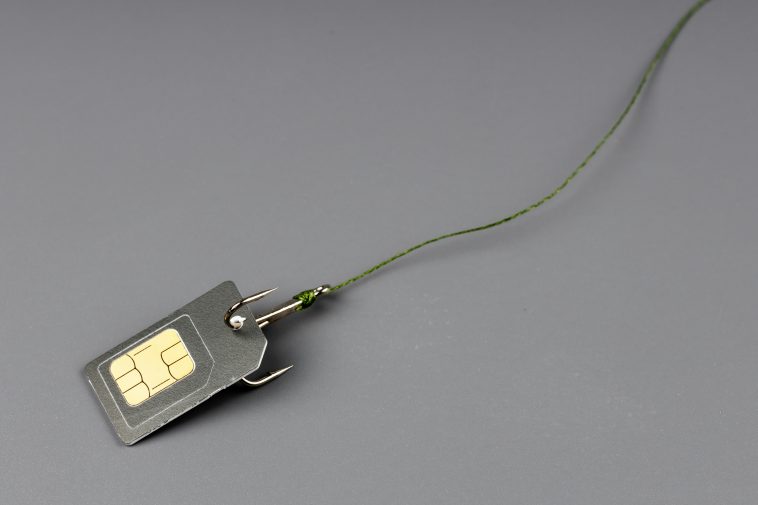MTN Rwandacell PLC (MTN Rwanda) has introduced the country’s first paper-based biodegradable SIM cards, underlining our dedication to environmental protection and sustainable business practices. This initiative complements our existing eSIM offering. Globally, 430 million tonnes of plastics are generated annually, with 2000 garbage trucks filled with plastic waste entering oceans, rivers, and lakes daily.
This widespread plastic pollution poses a significant threat to ecosystems, reducing their resilience to climate change. Notably, the telecoms industry alone produced 4.5 billion plastic SIM cards in 2020, contributing 2% to global emissions.
In accordance with our MTN Group Environmental Strategy, we’re transitioning to paper SIM cards and optimizing packaging to support Rwanda’s Green Growth and Climate Resilience Strategy. These paper SIM cards are crafted from 100% Forest Stewardship Council (FSC) certified materials, ensuring responsible forest management practices. Referred to as “bioSIM”, they are biodegradable, marking a significant shift from plastic SIM cards in our commitment to environmental protection.
As a company deeply rooted in Africa, we are keenly aware of the environmental challenges our planet faces. We are dedicated to being part of the solution, exemplified by the introduction of our paper-based biodegradable SIM cards for customers. M
This initiative underscores our commitment to sustainable business practices and minimizing our environmental footprint. Enzo Scarcella, Executive Consumer Officer, MTN Group, emphasizes MTN’s unwavering dedication to leading digital solutions for Rwanda’s advancement and integrating sustainable practices into its operations. The launch of these paper-based biodegradable SIM cards is just one of several initiatives MTN is pursuing to achieve its sustainability objectives.





